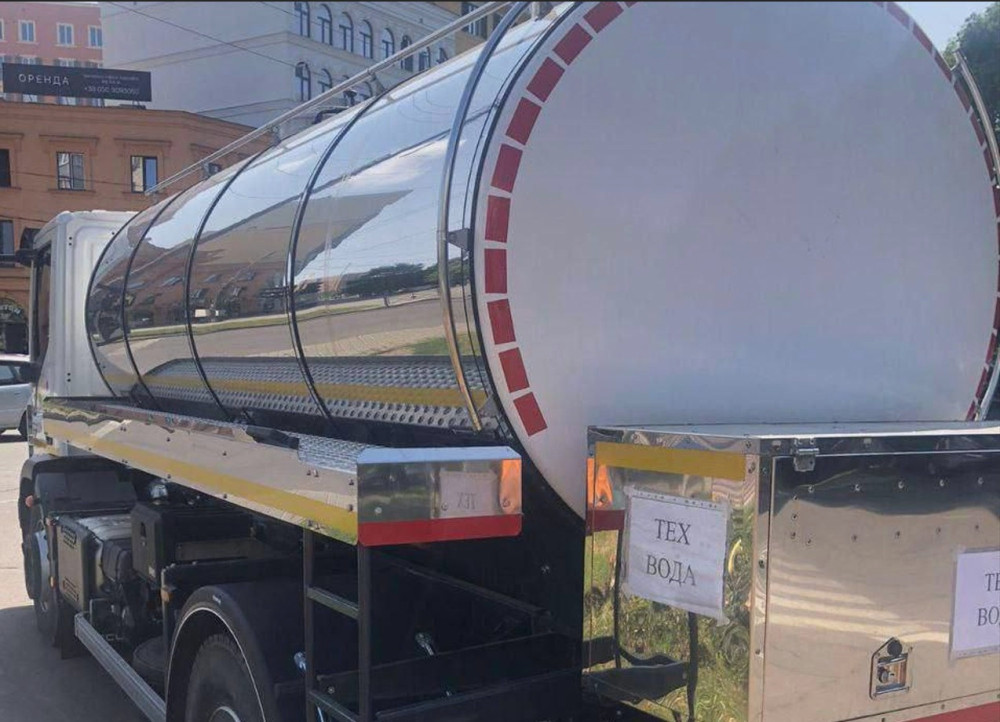FTC vs Meta: Legal Battle Over Monopoly Allegations
The Federal Trade Commission (FTC) has launched a lawsuit against Meta, alleging that the company has created an illegal monopoly in the social media sector by acquiring Instagram and WhatsApp. The U.S. antitrust agency is seeking to prove the necessity of overturning these deals. According to Reuters, the FTC claims that these acquisitions aimed to eliminate competitors that could threaten Facebook's status as the leading social media platform.
The FTC filed the lawsuit in 2020 during the first term of President Donald Trump. Jennifer Newstead, Meta's General Counsel, described the case as weak and detrimental to investments in technology.
“It’s absurd that the FTC is trying to dismantle a major American company at the same time the administration is trying to support Chinese TikTok,” Newstead wrote in her blog.
Since Trump’s election, Meta has actively supported him, resisting content moderation that Republicans view as censorship, and donating $1 million to his inauguration. CEO Mark Zuckerberg has also visited the White House several times in recent weeks.
Zuckerberg is expected to testify in court, where he will be questioned about emails in which he suggested buying Instagram to eliminate a potential competitor and expressed concerns that WhatsApp, as an encrypted messaging service, could turn into a social network.
In court documents, Meta argues that its acquisitions of Instagram in 2012 and WhatsApp in 2014 were beneficial for users. The company also claims that past statements by Zuckerberg are outdated given the current fierce competition from TikTok (ByteDance), YouTube (Google), and Apple's iMessage messenger.
The FTC believes that Meta holds a monopoly position in the market for platforms for communication with friends and family. According to them, the main competitors to Meta in the U.S. are only Snapchat and MeWe, while services like X (Twitter), TikTok, YouTube, and Reddit, which focus on content sharing among strangers based on shared interests, are not considered direct competitors.
The trial is set for July 2025. If the FTC wins, it will need to demonstrate that forcing Meta to divest assets like Instagram or WhatsApp would indeed help restore competition in the market.







